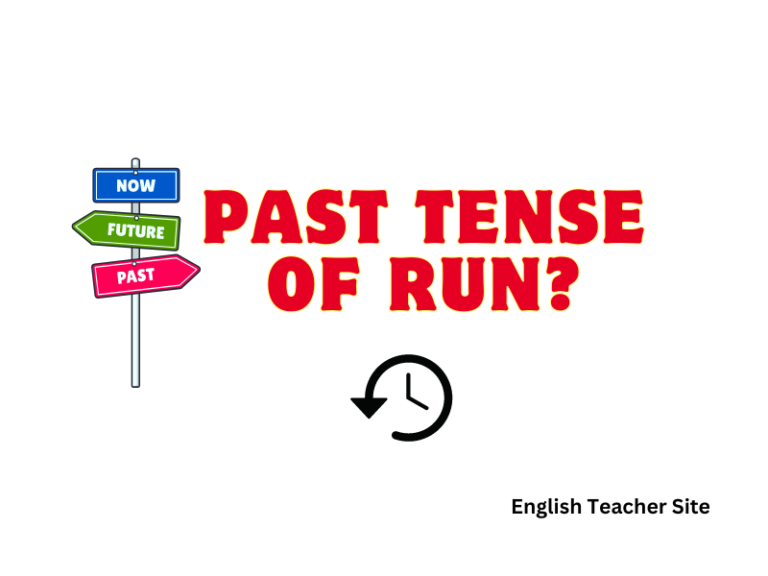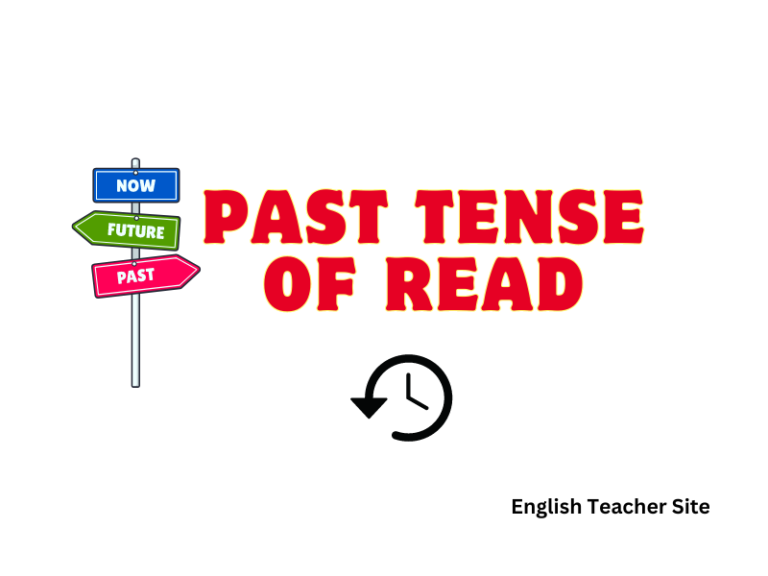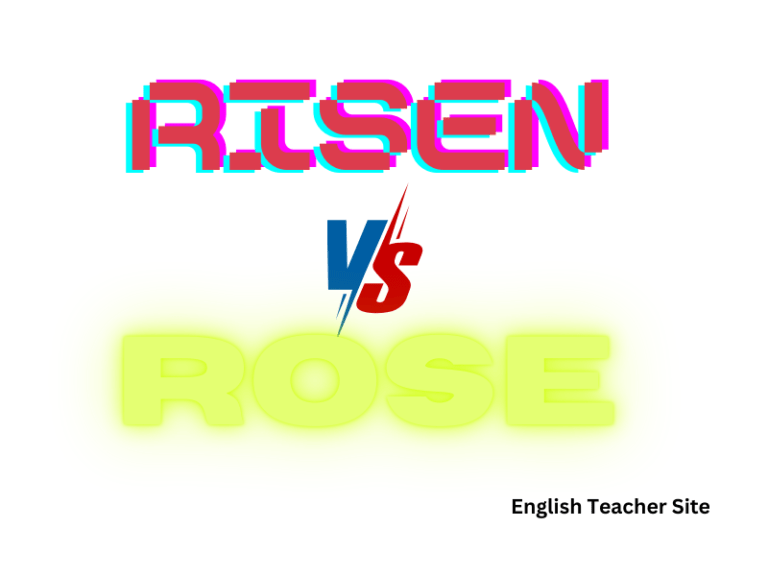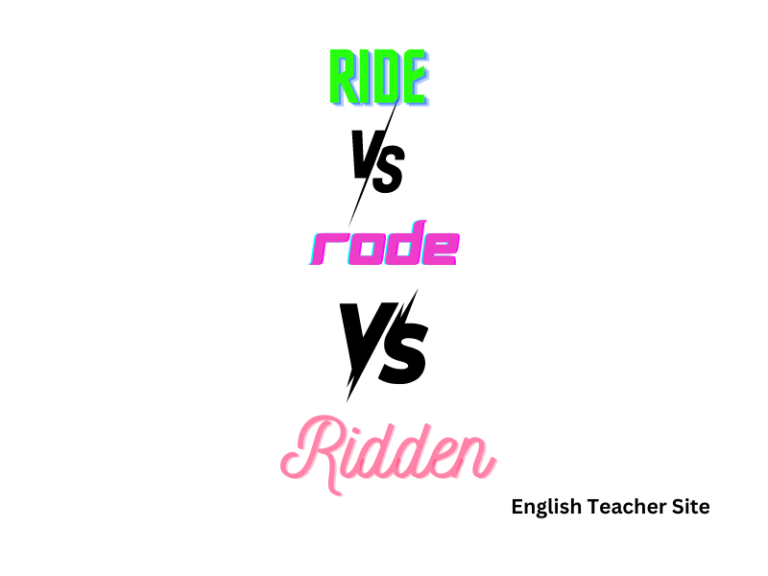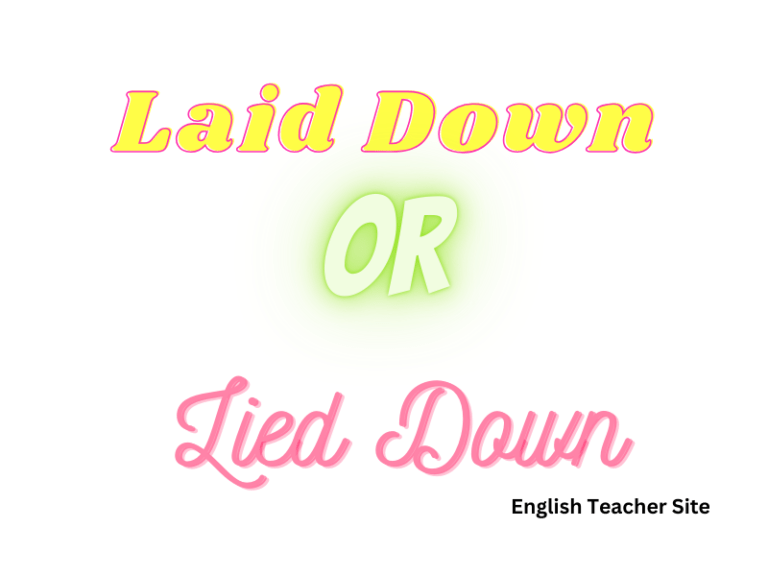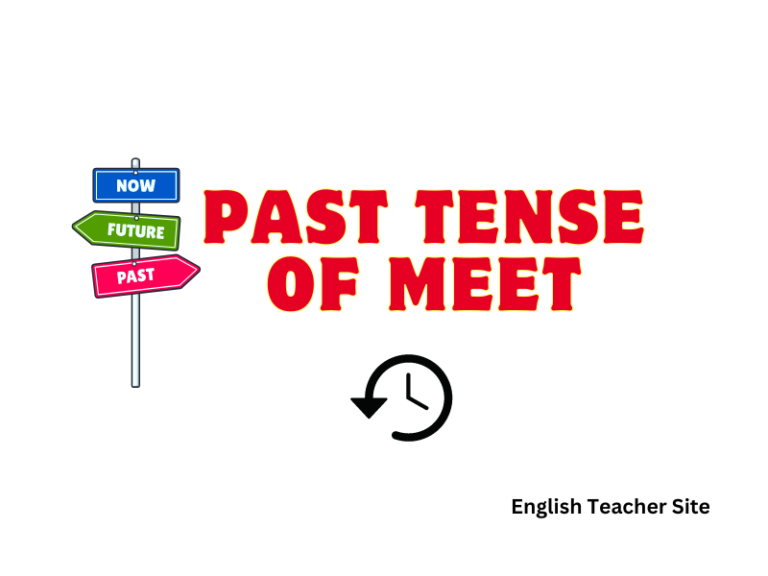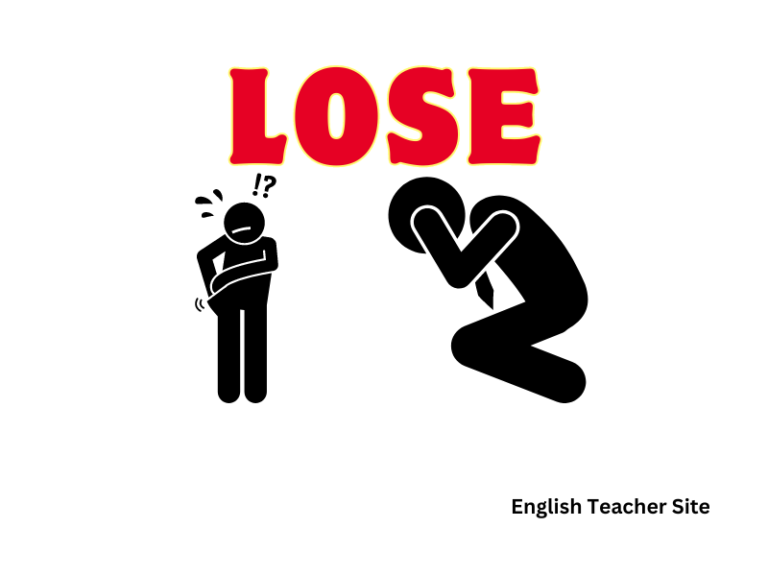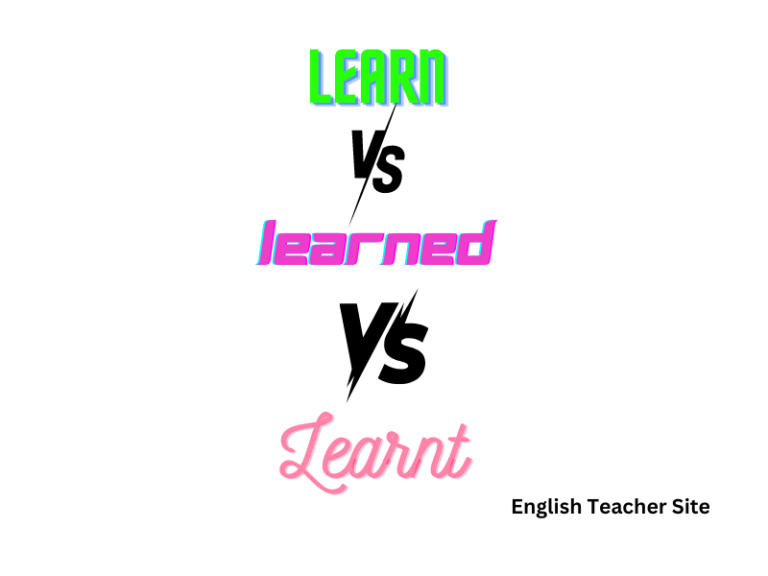Whats the Past Tense of Sew: Sewed vs. Sewn Explained
The simple past tense “sewed” is used to describe an action that was completed in the past without any auxiliary verbs. On the other hand, “sewn” is the past participle form and is generally used with an auxiliary verb, such as “has,” “have,” or “had.” This distinction is essential, as it affects the verb’s placement…



